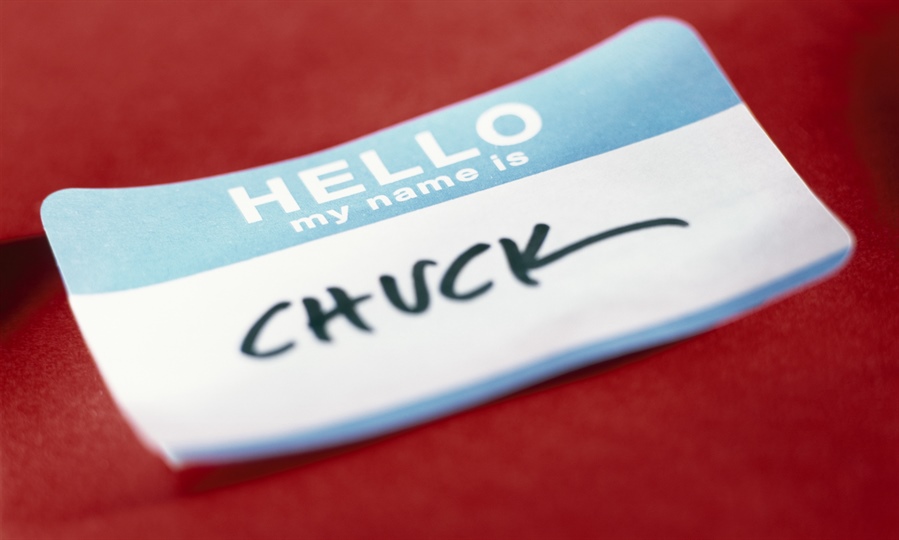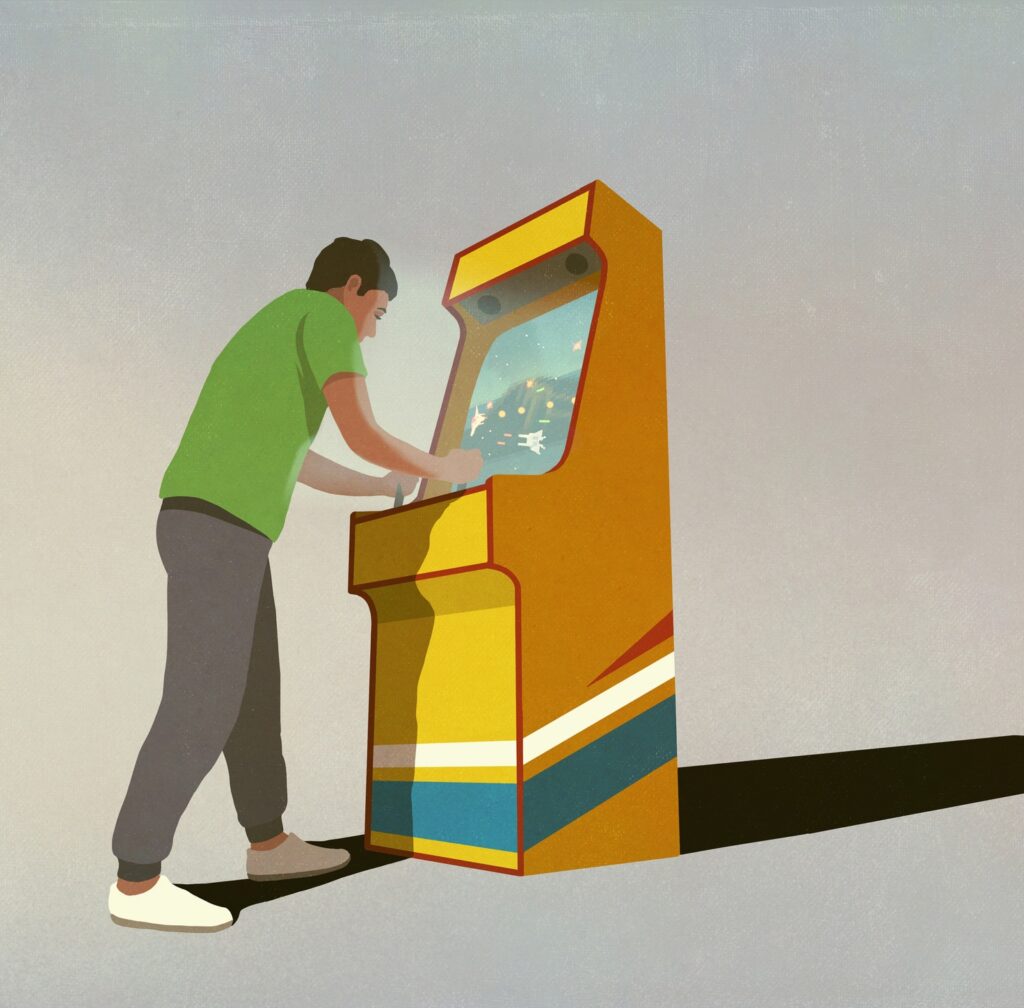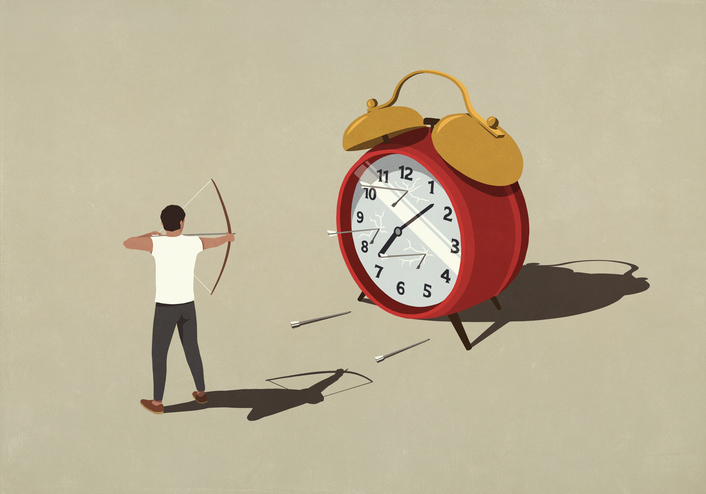Now Reading: Are Nicknames Going Extinct?
-
01
Are Nicknames Going Extinct?
Are Nicknames Going Extinct?

Nicknames have long been a quirky, beloved part of American culture — from “Tex” and “Red” to “Shorty” and “Dot.” But according to one writer for The Wall Street Journal, the tradition might be fading away.
The writer, who has five children between the ages of six and 18, says none of them have ever been given a nickname by their peers. Not only that, their classmates seem to go by full names, too. Even classic name-shortening habits — like turning “William” into “Billy” — appear to be on the outs.
He thinks all types of nicknames are on the decline.
From affectionate family monikers to playful jabs among friends. It’s a shift he finds a little sad, noting that nicknames are often a sign of closeness, identity, or affection. He even points out that initial-based nicknames like C.J. or J.T. are showing up less often, as many parents now approach naming their kids with more formality and intent than previous generations.
One potential reason? We don’t want to offend anyone.
People are more cautious about causing offense — even unintentionally. Nicknames that once might’ve been tossed around affectionately, like “Tiny” for a larger friend or “Red” for someone with fiery hair, are now more likely to raise eyebrows. That cultural shift toward sensitivity could be dampening the playful nickname spirit.
Of course, nicknames haven’t disappeared completely.
Plenty of sports stars and media personalities still proudly go by theirs. And certain family traditions or tight-knit groups may keep the custom alive. But on the playground, at least, it sounds like “Sparky,” “Moose,” and “Ace” are becoming relics of another era.
Whether you see it as progress or loss, the decline of nicknames might say something deeper about how we relate to one another — and how cautious we’ve become about labels, even the affectionate kind.















